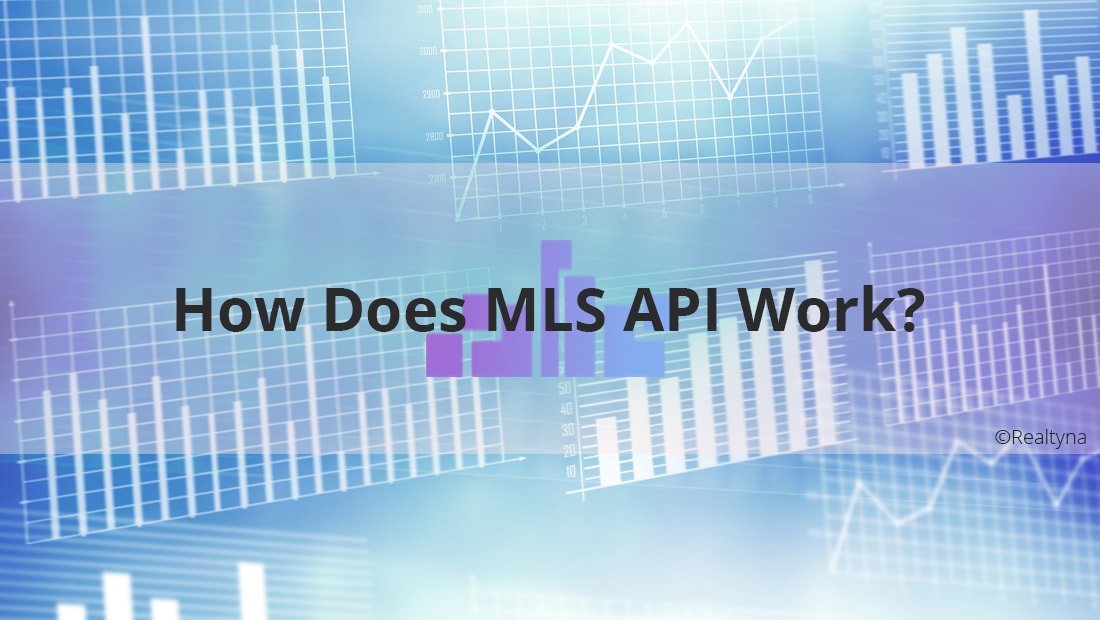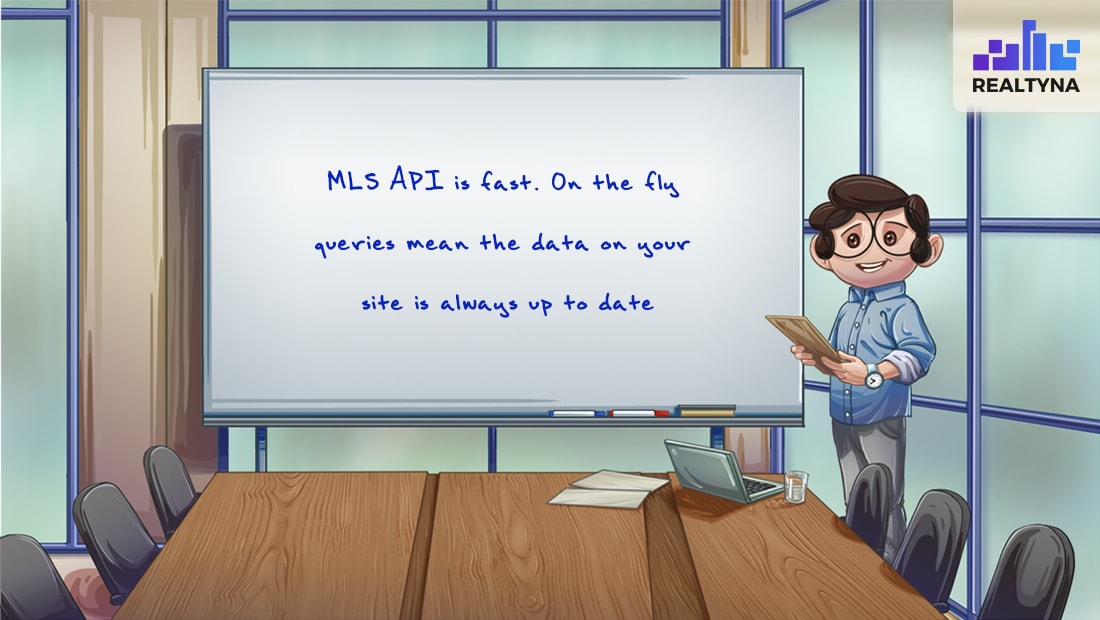
How Does MLS API Work?
MLS API works by connecting your website to an MLS database via the application programming interface, which allows you to retrieve up-to-date property listings and display them publicly.
When building an IDX website, one of the most important decisions you face is technology. Specifically, what technology should you use to connect your site to the MLS database? This decision is important because the technology you choose affects your user experience and web visibility.
In this blog post, we will review how MLS API works, so you have everything you need to make an informed decision. For other IDX technologies, check out How Does IDX Work? and How Does RESO Web API Work?
LUKE’S TIP:
What Is MLS API?
MLS API is a way to display property listings online. Like other IDX technologies, it allows you to connect to your MLS, build a property search that updates with new listings, and generate leads.
One of MLS API’s defining features is its flexibility. With it, agents can decide whether to host listing data locally or call them on the fly. Hosting locally means the MLS database is replicated on your web servers. Calling on the fly means, data are retrieved only as needed. Hosting locally provides maximum control and SEO benefits while calling it on the fly reduces hosting costs. This flexibility can accommodate virtually any business model and grants agents more control over their web strategy.
It also can reduce the time it takes to build your site. APIs have been around for years, and they have been used in a range of professional applications. As a result, there is a large development community with the know-how, to work with them.
For more on the advantages of MLS API, check out 6 Ways MLS API Can Improve Your IDX Performance.
How Does It Work?
The cornerstone of MLS API is API or application programming interface. You can think of an API as a gatekeeper for some stock of information—in this case property listings. API’s provide the rules and processes for the retrieval of this information.
When your site seeks an update from the MLS database, MLS API will activate and tell your site how to retrieve the matching listings, providing a fast, seamless transaction.
MLS API also packages these rules and processes in a single component. In technology terms, this is called “abstraction.” This decouples the MLS database from your website while retaining the ability to query the data and process updates. Instead of coding to the MLS database, developers code to the API, saving time and effort.
In general, the real estate industry is trending toward API. In 2016, the RESO introduced the RESO Web API standard, and progressively, more and more agents and MLS are making the switch.
So that’s how MLS API works. Questions or feedback? Leave them in the comments. Or for more content from the Realtyna blog, check out How to Choose the Right Hosting Package for Your IDX Real Estate Website and 10 Sources of Royalty Free Images For Your Real Estate Website.



Sorry, the comment form is closed at this time.